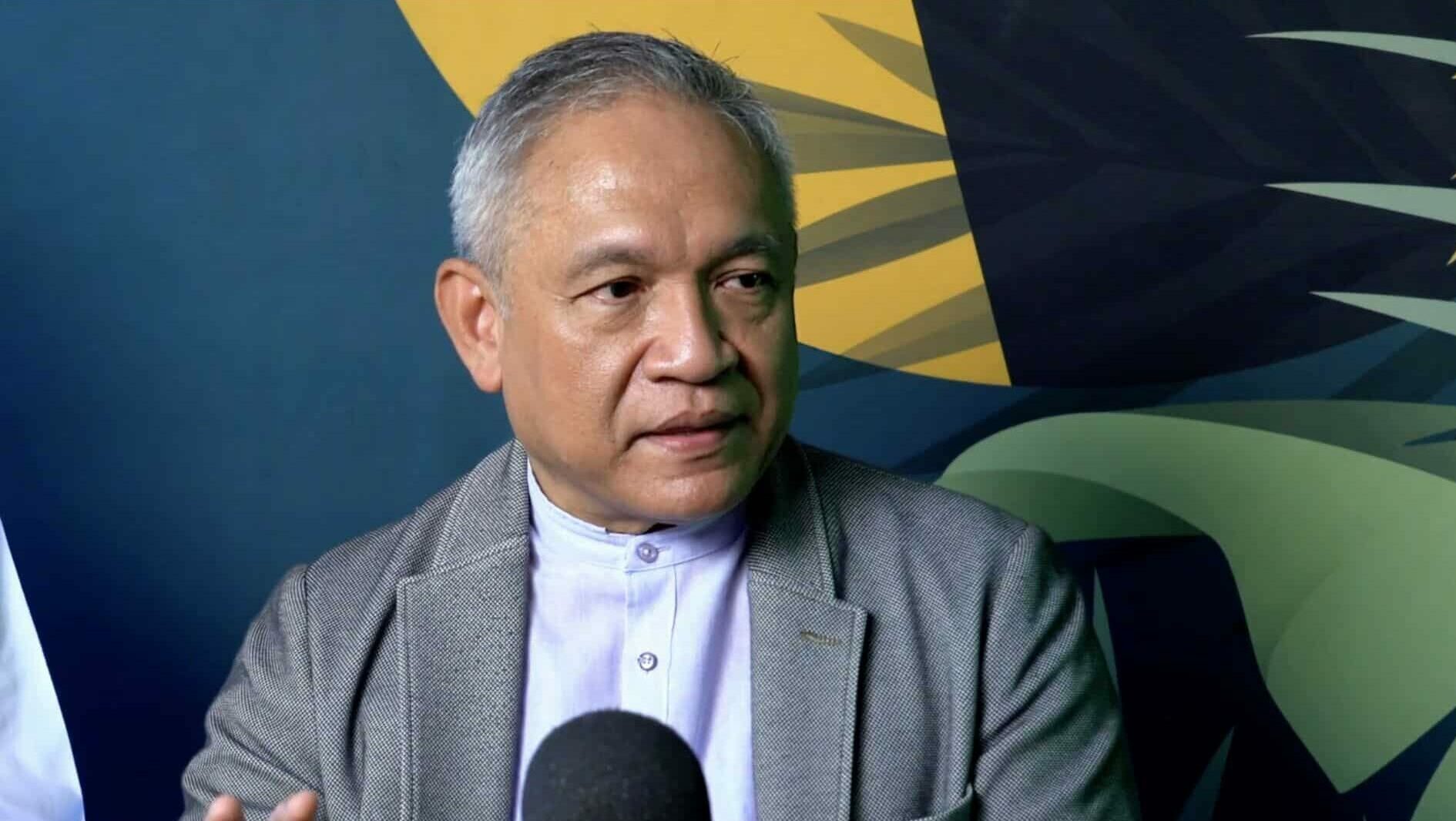How to plan your IVF journey with Allied Health in Thailand
From initial consultations to post-treatment support, here’s how international couples are navigating the IVF process with expert help.

Every year, thousands of couples travel to Thailand in hopes of starting a family. With shorter wait times, internationally accredited fertility clinics, and significantly lower costs, the country has become one of the most trusted destinations for in-vitro fertilisation (IVF) and other assisted reproductive technologies.
But once you’ve made the decision to get your IVF in Thailand, what comes next? Here’s a step-by-step guide to help you prepare, with the help of Allied Health (Thailand).
A step-by-step guide to plan your IVF journey with Allied Health (Thailand)
| Step (Jump to Section) | What it’s about |
|---|---|
| Step 1: Choose the right support partner | Why working with Allied Health (Thailand) makes everything smoother. |
| Step 2: Get a free consultation | Start your journey online with expert advice and no upfront cost. |
| Step 3: Choose the right clinic | Receive a curated list of trusted clinics tailored to your needs. |
| Step 4: Schedule treatment and plan your trip | Get help with everything from appointment booking to accommodation and visas. |
| Step 5: Arrive in Thailand | Begin treatment with full support and in-person care coordination. |
| Step 6: Aftercare and follow-up | Recover, test, and stay in touch with your clinic, even after flying home. |
Step 1: Choose the right support partner

By the time most couples consider getting their fertility treatments like IVF in Thailand, they’ve already been through a lot. Months, or even years, of trying. Failed cycles. Mounting costs. Emotional strain. Add to that the stress of arranging care in another country, the whole journey can feel overwhelming.
That’s why having a local guide like Allied Health (Thailand) can make a huge difference. Founded by Lt. Col. Dr. Chokchai Suwanakijboriharn M.D., they’re a medical tourism agency that connects international patients with vetted, high-quality fertility clinics. Plus, they can also guide you through the entire process, from first conversation to post-treatment care.
Step 2: Get a free consultation (and a second opinion from a real specialist)
You don’t need to fly halfway across the world just to figure out if IVF in Thailand is right for you. The whole process starts online, for free.
Once you reach out to Allied Health (Thailand), you’ll be paired with a patient coordinator who’ll ask about your medical history, fertility goals, and any past treatments.
You’ll also be asked to send over relevant records (e.g., hormone panels, semen analysis, prior IVF reports), and their in-house doctors will review everything and recommend a shortlist of clinics suited to your case. However, if you don’t have any relevant records yet, the medical tourism agency can help arrange it for you in Thailand.
After that, you’ll have one or more virtual consultations to go over your recommended treatment options, potential costs, timeline, and how long you’d need to stay in Thailand.
If you want, you can also get a free second medical opinion from Allied Health (Thailand)’s doctor team. A second opinion gives you another expert view, helps confirm your treatment plan, and might even catch things the first doctor missed.
What about pricing? Allied Health (Thailand) doesn’t charge for its coordination services. IVF packages, covering the actual treatment, meds, and lab work, typically range from 150,000 to 300,000 Baht (roughly US$4,500 to US$9,000), depending on your needs. You’ll know exactly what you’re signing up for before you commit.
Step 3: Choose the right clinic and specialist

Following your initial consultation, Allied Health (Thailand) will give you a curated shortlist of clinics and specialists that match your medical needs, budgets, and preferences.
This means that you won’t have to spend hours scrolling through glossy websites, trying to figure out which clinics are genuinely reputable and which are just great at self-promotion. Since Allied Health (Thailand) doesn’t own the clinics, there’s no bias in who they recommend. You get honest insight and a clearer sense of what each clinic actually offers.
That said, this is still your treatment, your body, and your decision. Use the shortlist as your jumping-off point. You can choose the clinic and specialist that feels right for you. You might prefer a female doctor, want a clinic that offers advanced embryo testing, or need one with experience in LGBTQ+ family building or egg donation. You get honest insight and a clearer sense of what each clinic actually offers.
It’s also a good idea to do your own research. Ask your questions, look into success rates, check reviews, and see what other patients are saying. It’s a big decision, and being informed will help you feel confident in your choice.
Step 4: Schedule your treatment and plan your trip
The next step after you choose your clinic is booking your treatment. Allied Health (Thailand) will coordinate directly with the hospital. Their pre-arrival services include:
- Booking your clinic appointments
- Submitting all required medical records, lab work, and treatment protocols
- Prepare your personalised IVF schedule
- Hotel or serviced apartment recommendations (in some cases, this is included in your package)
- Visa assistance (if needed for longer stays)
Typical IVF treatments in Thailand require you to be in the country for around 2 to 3 weeks, depending on your specific case. Your coordinator will walk you through everything, such as when to arrive, what documents and medications to bring, and what to expect at every stage.
If you’re travelling with a partner or family, now’s also the time to look into accommodation, transport, and maybe even a few days at the beach. IVF can be stressful, but you’re in one of the most relaxing places in the world, so take advantage of that. Allied Health (Thailand) can help you arrange these too.
Step 5: Arriving in Thailand for your IVF
You’ve landed, you’ve checked in, and now the real journey begins. As soon as you arrive in Thailand, you’ll meet your case manager and doctor in person for a full consultation.
Your treatment process may begin immediately, starting with baseline bloodwork, ultrasound scans, and possibly the beginning of ovarian stimulation. From there, your timeline moves through the core stages: egg or sperm collection, fertilisation, embryo transfer, and, if all goes well, a positive pregnancy test.
Throughout it all, Allied Health (Thailand) has your back. Their in-country support includes:
- Airport transfers
- Translation services and in-clinic support
- Daily updates and reminders
- 24/7 emergency assistance for any unexpected issues.
Step 6: Aftercare and follow-up
After embryo transfer, the focus shifts to recovery and monitoring. Clinics typically recommend a few days of rest, prescribed medications to support implantation, and timing for your first pregnancy test, usually within two weeks.
One or two follow-up appointments, such as a blood test or ultrasound, are often included to check hormone levels or confirm a pregnancy.
Allied Health (Thailand) helps coordinate all of this, including digital follow-ups with your doctor once you’re back home. If embryos are frozen, you’ll receive clear guidance on storage options, future use, or transfer to another clinic.
You don’t need to rush home either. Many couples stay a little longer to unwind. From spa resorts in Hua Hin to barefoot luxury in the southern islands, a few days of restorative downtime can do wonders.

There’s nothing glamorous about infertility. But if you’re going through it, there’s no shame in wanting care that’s compassionate, efficient, and beautiful in its humanity. Thailand offers that. And Allied Health (Thailand) makes it possible without confusion, chaos, or compromise.
You can get started with a free second opinion or ask for a customised fertility plan by contacting Allied Health (Thailand):
WhatsApp: +66 64-141-6198
Email: info@alliedhealth.co.th
Website: www.alliedhealth.co.th
Sponsored
Latest Thailand News
Follow The Thaiger on Google News:


























